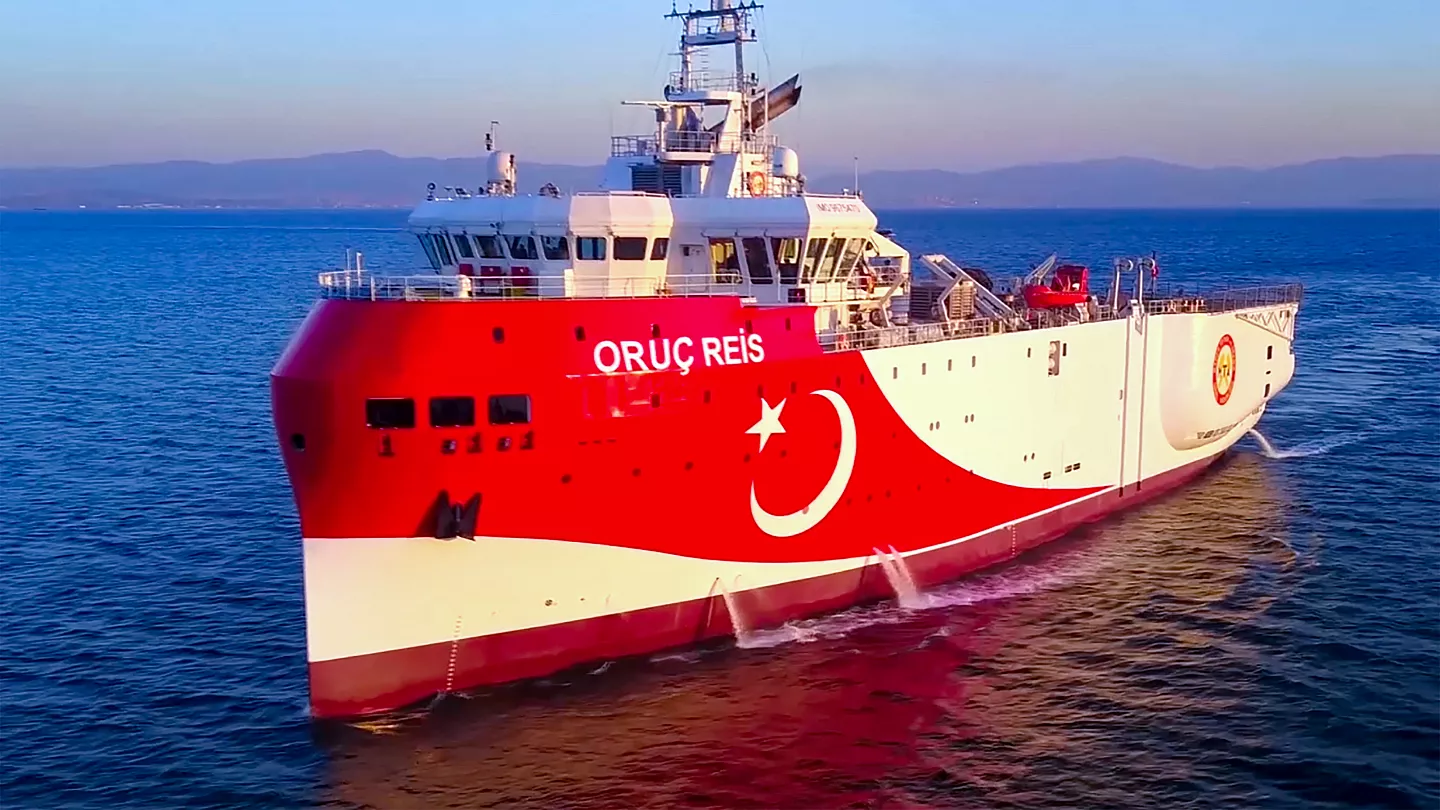Turkey’s Bid to Rival China’s Growing Influence in Africa
Turkey’s advancing influence in Africa is steadily gaining traction, notably through vibrant new ventures in Somalia. The focus has shifted to offshore oil exploration and bolstering military ties with a new missile test site.
Ever since Turkey’s African Initiative Policy debuted in 1998, Ankara has prioritized building strong commercial, diplomatic, and security relationships with the continent.
- Advertisement -
“Turkey is pouring extraordinary vigor and ambition into achieving its economic objectives under this policy,” remarks Volkan Ipek of Istanbul’s private Yeditepe University. The core goal is “to enhance trade and foster free-trade agreements,” he told DW. “In terms of foreign policy, Africa perhaps stands as the most stable and efficient region—if not continent,” he added.
Over the past 20 years, Turkey has ramped up its embassies in Africa from a mere 12 in 2002 to a striking 44 by 2022. Turkish Airlines now connects 62 African cities, while African nations have reciprocated by opening 38 embassies in Ankara.
Reflecting Turkey’s growing footprint, bilateral trade soared from $5.4 billion (€4.85 billion) in 2003 to over $41 billion in 2022, though it dipped to $37 billion last year.
For Turkish investors, Africa’s youthful population and burgeoning demand for goods represent gold mines of opportunity. However, Turkey faces stiff competition from China, Russia, and Gulf Arab nations also striving to expand their influence on the continent.
Volkan Ipek points out that Africa is emerging as a “fantastic market,” noting that the continent’s robust economies have “piqued such huge interest that Turkey found it imperative to assert itself in this arena.”
Back in 2011, then-Prime Minister Recep Tayyip Erdogan—now Turkey’s President—became the first non-African leader in two decades to visit Somalia, spurring Turkey’s greater involvement both in Somalia and across Africa.
Mogadishu, Somalia’s capital, now hosts Turkey’s largest overseas military base. Over the past few months, several bilateral agreements have been inked, including strategic defense collaborations and a deal to explore offshore oil fields.
Expanding horizons: Energy exploration deals
In July, Turkish Energy Minister Alparslan Bayraktar secured an exclusive Hydrocarbon Exploration and Production agreement with Somalia. This grants Turkey the rights to explore and produce oil and gas in three offshore blocks.
Alparslan revealed that an exploration vessel will be deployed there by late September or early October. Although Geo-seismic studies indicate the region harbors reserves of at least 30 billion barrels of oil and gas.
Sohbet Karbuz the director of hydrocarbons and energy security at OMEC, a Paris-based think tank, describes the partnership as a “strategic step” towards ensuring Turkey’s energy supplies.
“Turkey is solidifying its status as a major player in deep-sea oil and gas exploration. With four drilling and two seismic research vessels, we have the technical expertise,” Karbuz informed DW.
Turkey imports about 74% of its energy which is primarily from Russia, Azerbaijan, Algeria, and Iran. Diversifying energy resources is paramount as evidenced by the recent LNG imports from the U.S., Egypt, Russia, France, and Nigeria.
“The exploration deal with Somalia highlights Turkey’s ambition to discover additional energy reserves. Future deals in the Gulf of Aden, the Indian Ocean, and the Black Sea illustrate this aim,” Ipek said.
Setting high benchmarks and facing hurdles
Despite Turkey’s ambitious agenda, the trade target of €50 billion annually with Africa remains unmet, a goal initially set for 2012 after the African Union designated Turkey a “strategic partner.” In 2021, Erdogan announced a new target: $75 billion in trade with Africa, without specifying the timeframe.
Ufuk Tepebas, a researcher formerly with the University of Basel’s Center for African Studies, emphasizes the need to “accurately assess the potential of various countries and diversify trade partners.”
Tepebas, an author of several books on Turkey’s Africa policy, said that to date, Turkey has signed free-trade agreements with only Tunisia, Egypt, Morocco, and Mauritius. Somalia and Sudan mainly receive development aid, with cooperation heavily focused on shared religious and historical ties.
Thus, Tepebas urges Ankara to “evaluate correctly” when choosing African trade partners, asserting that the trade potential in Somalia and Sudan is relatively weak. “Supporting Ethiopia, Tanzania, and Kenya would likely yield greater commercial returns,” he told DW.
Bolstering investments with security cooperation
Turkey is also positioning itself as a pivotal security ally for several African nations. Parliament recently passed legislation allowing military deployment in Somalia for two years to counter terrorism more effectively.
“Defense cooperation is expected to deepen as incidents requiring intervention escalate. Since 2011, jihadist terrorism has been prominent in the Sahel,” Ipek noted.
According to data from the SIPRI peace research institute, Turkey has become the fourth-largest arms supplier to sub-Saharan Africa, providing combat helicopters to Nigeria and training aircraft and TB2 Bayraktar drones to several countries.

Alongside arms sales, Turkey has spearheaded substantial civil investments across Africa. Trade Minister Ömer Bolat reported that Turkish investments have concluded 1,864 projects worth a combined $85.4 billion over the past few decades. Recently, Turkish construction company Yapi Merkezi secured a $2.35 billion contract to enhance Tanzania’s railway network.
Nonetheless, Turkish firms struggle against Chinese companies, particularly in securing necessary project funding, Tepebas highlighted. “The Chinese government directly backs its businesses through Exim Bank. Turkish companies lack comparable support from their banks.”
Chinese investments in Africa surged to $282 billion in 2023 alone, dwarfing Turkey’s cumulative $10 billion investment.
Volkan Ipek notes that Turkey’s political engagement in Africa lags behind Russia’s, while its economic involvement trails China’s. He suggests instead of prioritizing imports and exports, Turkey should invest in substantial projects like the Medusa submarine fiber-optic cable, which will connect North Africa with Southern Europe, currently excluding Turkish involvement.
Edited by: Ali Musa
